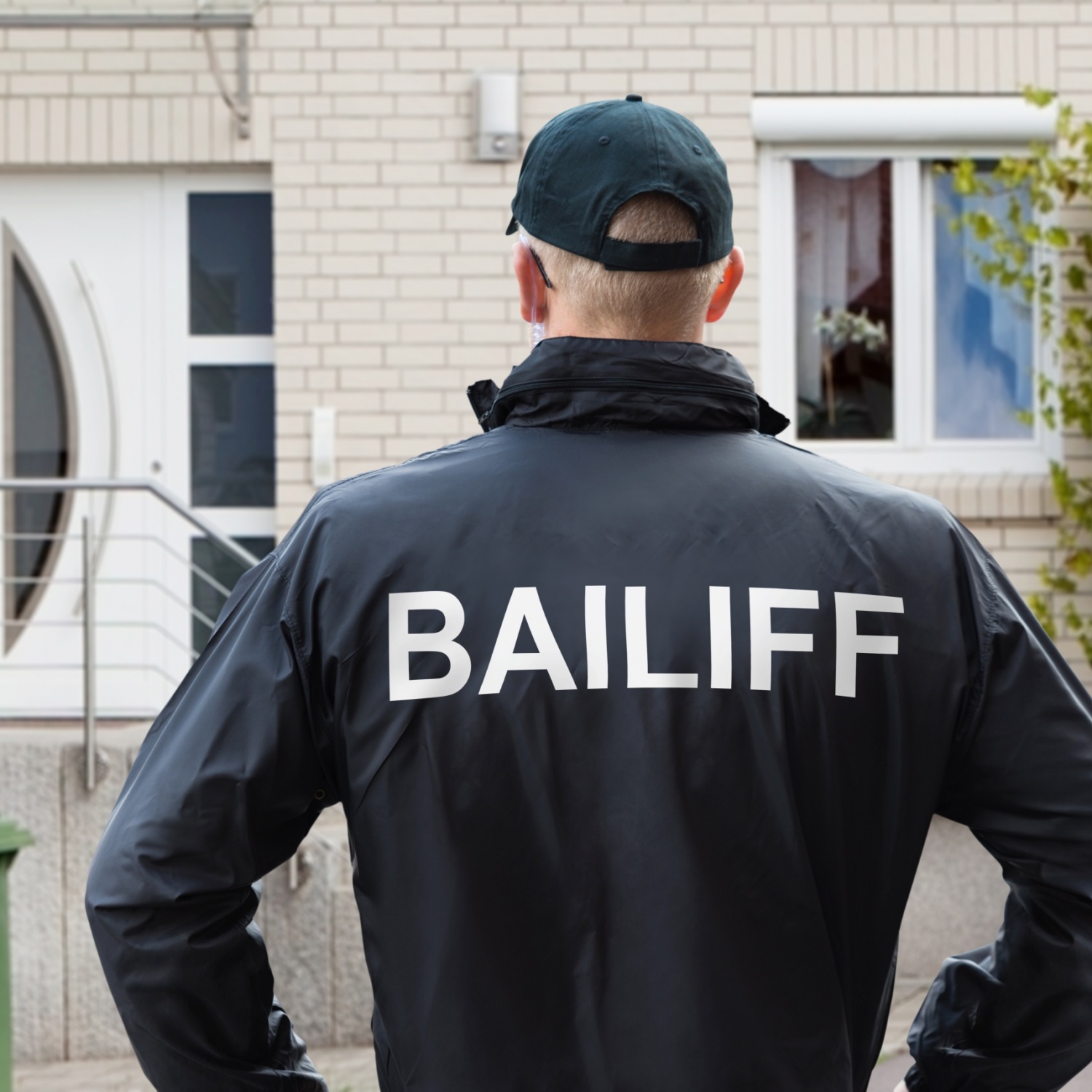
We undertake a range of enforcement services
If you have obtained a county court judgement (CCJ) against your debtor and they are still refusing to make payment, we can assist in recovering your outstanding money using a number of different enforcement options.
Once a County Court Judgment (CCJ) has been entered against a debtor it is then possible to ‘enforce’ that Judgment immediately. There are many different enforcement methods available that can be used depending on the circumstances of the individual case. To give you the best chance of collecting your debt, we will always advise on the most appropriate method of enforcement based on their experience and expertise with similar cases.
What enforcement options are available?
If a Judgement is obtained against your debtor and they are still refusing to pay, it may be necessary to undertake enforcement action to force the debtor to pay the Judgement debt.
A number of options are available and can be discussed including:
• Instructing a county court bailiff to enforce the judgement debt
• Instructing a high court enforcement officer to enforce the judgement debt (by way of the authorised High Court Enforcement Officer, Mr Gary Goy)
• Applying for an Interim or Final Charging Order against the debtor’s property
• Order for the debtor to attend court to answer financial questions
• Attachment of earnings order
• Issuing a statutory demand
• Applying for bankruptcy or insolvency of the judgement debtor

Enforcement options:
Warrant of Control:
You could instruct County Court bailiffs to attend the debtor’s premises and seize goods to the value of the Judgment debt. This could be effective as it is potentially highly embarrassing for the debtor, but if they do not have goods to the value of the Judgment debt then it may not realise sufficient or any money.
High Court Writ:
For Judgment debts over £600, you can apply for your Judgment to be enforced in the High Court by Enforcement Officers. Enforcement Officers are High Court bailiffs and tend to be more effective than County Court bailiffs at obtaining payment as they are employed privately and are paid on commission.
You would need to apply for a Writ of Control which would incur a Court fee of £71. The Enforcement Officers’ charges vary but would be added to the Judgment debt and if they fail to secure payment they would charge a compliance fee of around £90.
Attachments of Earnings:
This is only relevant if the debtor is an individual and is employed. The debtor’s employer will be required to pay a proportion of the debtor’s wages to the court, which will charge a fee and pay the balance to you. You will need to know the debtor’s employment details and the order will need to be served on his employer.
Charging Order:
If the debtor has any assets such as property then you could apply for a Charging Order which means that your debt would be secured against the debtor’s property, much like a mortgage. When the debtor’s property is sold you would recover your debt from the proceeds of sale. Forcing the sale of the asset is a separate application and is unlikely to be granted unless the debt is substantial.
The Court fee for a Charging Order is £110 and you would need to prepare an application for an interim charging order and serve this together with the necessary documentation on the relevant parties. You would then need to attend court with the relevant documentation to obtain a Final Charging Order.
Third Party Debt Order:
This is only possible if you know the debtor’s bank account details which you can typically get from any previous cheques received from the debtor, or possibly from any electronic payments received. We advise clients to serve the interim Order on the debtor’s bank towards the end of the month before salaries are paid as it freezes whatever money is in the debtor’s account at the time it is served on the bank. However, if no money is in the bank account at the time of service then no money will be recovered.
The Court fee is £110 and you would need to prepare an application for an interim third party debt order and serve this on the relevant bank or financial institution together with the necessary documentation. You would then need to attend court with the relevant documentation to obtain a Final Third Party Debt Order.
Statutory Demand:
Serving a Statutory Demand is the first step to making an individual bankrupt or a company insolvent. This is only really effective if the debtor does not want to go bankrupt/insolvent otherwise you will spend a considerable sum of money in fees and costs making the debtor bankrupt or insolvent without necessarily recovering any money. The fact that you are the Petitioning Creditor or that you have Judgment against the debtor does not give you any priority in a bankruptcy/insolvency and you will simply rank as another unsecured creditor alongside all the other creditors of the debtor.

